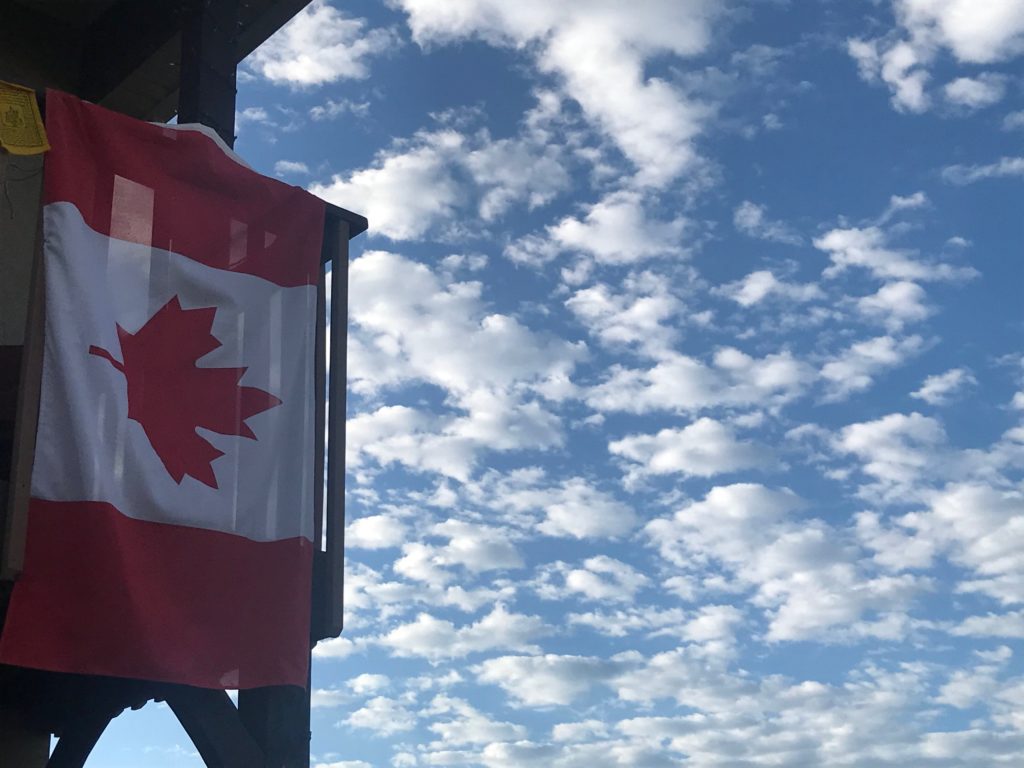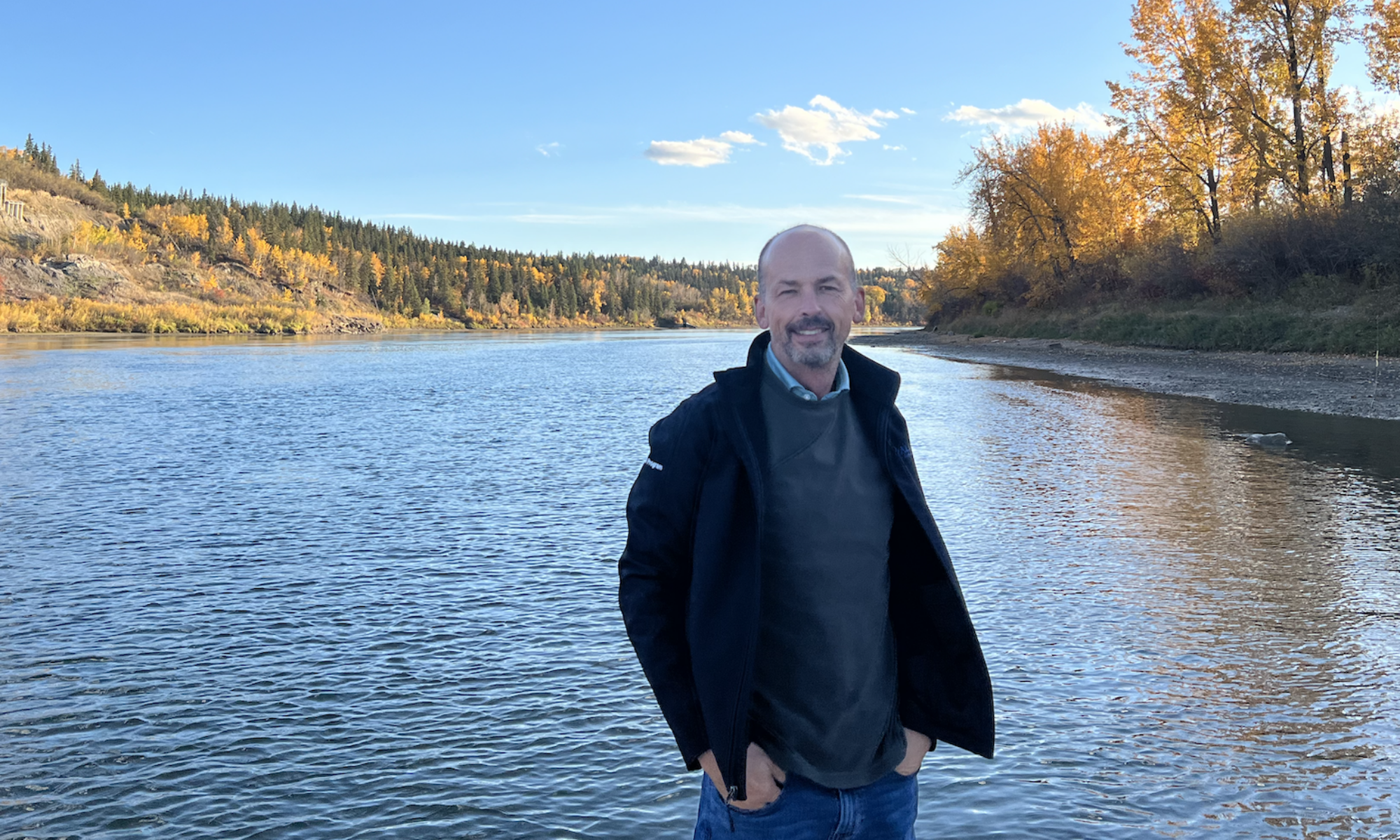
Today is Canada Day. July 1st. Often thought of as Canada’s Birthday. It commemorates the forming of country, a British domain in 1867.
There is much that I celebrate about being Canadian and about the day. For me, as a boy and young adult, it was time with family. It was BBQ. It was fireworks. In particular for the last 15 years, as a Canadian living in the USA, It’s been celebration of return, taking my kids for a week of holiday to British Columbia to be with cousins, grandparents, aunts, uncles. It was the sweet intimacy of family. And for me, of return to the country in which I was born.
Not this year — the physical travel that is. That’s a CoVid restriction.
Yeah for heritage. And. I feel as part of the social movement of our time, there’s a few other things to begin to clarify as context of heritage.
The country may be marked as 153 years old. But it’s peoples were there long before, reaching back 12,000 years. Yah, context.
Part of my evolution of learning about heritage includes coming to understand more of a core wound and trauma that exists in peoples of North America. For Canada, it is in particular the impact of colonization at it’s strongest — presuming the land empty of inhabitants, or worse, just taking it anyway with might and manipulation.
There is further grieving and further healing needed. There are big steps, that are incredibly complex. Further reparation that bring the reality of settlers and first nations peoples into more right relations together. There is witness needed. There is apology needed. There is grace needed. There is love and celebration needed too.
I didn’t know this stuff as a boy. I was content with Canada flags, red maple leafs everywhere, potato salad, hot dogs, games, and a game of pickup football. I was content with the joy of it all. The celebration. I still am joyful, but awareness has more to it now, I would suggest as it should.
Some of the “more to it” I’m coming to practice and appreciate with my Canadian friends is a small but important step — the naming of traditional lands and peoples of geography that I inhabit or inhabited, or, that my ancestors inhabited. It’s a small step. Yet important. I would suggest for the way that it dares to speak out loud what has been secreted, hidden, denied, and shamed.
For me, I was born in Treaty 6 Lands, most often now referenced as Edmonton, the capital city of Alberta. It was land of traditional peoples that included the Cree, Plain’s Cree, and Tsuut’ina.
I’m glad to celebrate heritage. With full joy. But part of maturing as a person, and as a people, I would suggest, is willful integration of many nuances, including those that have caused historical pain that has been brought forward to today.
